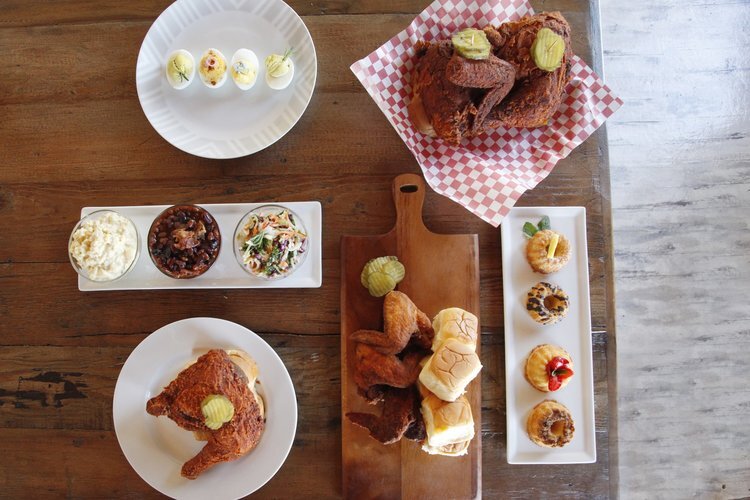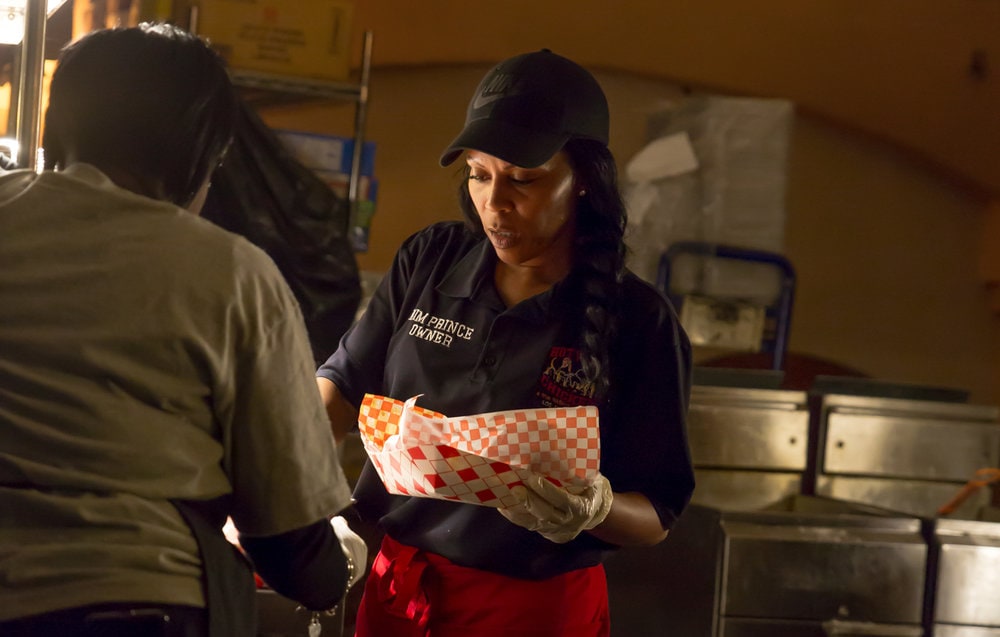
In recent years, third-party delivery services have sprung up in cities across the US, filling the gap between restaurants and consumers by offering a seamless digital ordering experience.
Numerous operators have benefitted from these marketplace apps, encouraging customer visits and increasing customer spend. However, others have complained that they intercept online traffic from restaurant sites, restrict the gathering of customer data, and cut into restaurant profits.
As a result, numerous cities and states, including New York and California, are now introducing or revising legislation to better regulate how third-party delivery services operate.
The rise of the take-out market
A survey by the National Restaurant Association in 2019 found that nearly 60% of food orders are now consumed off-premise, with online restaurant orders growing 23% annually from 2013 to 2017.
This has largely been attributed to the rise in third-party delivery services, but some of these delivery apps take as much as 30% percent of sales from restaurants and potentially distance customers from the company their buying from.
“The restaurant industry is learning that delivery and take-home sales opportunities can be a greater portion of their income stream, and in most operations can be achieved with minor operational equipment and or facility changes,” says William Bender FCSI, founder and principal at W.H. Bender & Associates in San Jose, California.
“Restaurant delivery services can increase the guest network exposure to the restaurant brand thus building sales and market share,” he adds, though he acknowledges that restaurants lose the last point of service when they hand off delivery to a third-party.
“Guest data is key for marketing information and to develop long term loyalty with each guest/customer,” he says. “When a brand loses control of this they are have no idea if the ‘brand’ is being delivered properly.”
California fights for customer data
On 11 February, California State assemblywoman Lorena Gonzalez introduced a bill that will require third-party marketplaces to share customer data with restaurants.

If passed it would require third-party delivery platforms to share consumers’ email address, telephone numbers, and delivery address with the food facility the consumer has ordered from. Known as the Fair Food Delivery Act, the bill would also prevent apps from listing restaurants without a prior agreement in place.
“Hearing feedback from customers, being responsive to complaints, addressing the quality of service and delivery is critical to ensuring a good experience,” said Greg Dulan, owner of Dulan’s Soul Food Kitchen and Hotville Chicken in Los Angeles (pictured), said in a statement in support of the bill.
“It is hard to do that if we don’t know who our customers are – this bill will fix that.”
New York faces ongoing struggle
On 8 January, New York City Council member Ritchie Torres introduced legislation that would require third-party delivery providers to disclose tipping practices. Specifically, how much of each gratuity goes to the worker who delivered the order, how gratuities are distributed to delivery workers, and how much of each gratuity is used to compose each delivery workers’ base wage.
This is the latest in a long line of disputes between the city and third-party delivery services, on everything from the commission rates charged to restaurants to how they generate orders, potentially diverting customers away from the restaurant-owned sites.
The New York City Council called out Grubhub last year for charging restaurants for customer calls made via the app, even if they didn’t result in sales. This resulted in Grubhub creating a task force to investigate the issue and altering its charging policy.
The Committee on Small Business has also proposed discussions on how ghost kitchens are currently regulated and inspected in New York City and has invited operators, third-party delivery platforms and local small business owners to share their concerns.
Liz Cooley
Pictured: Hotville Chicken, Los Angeles (Leslie Rodriguez/Feastly)
